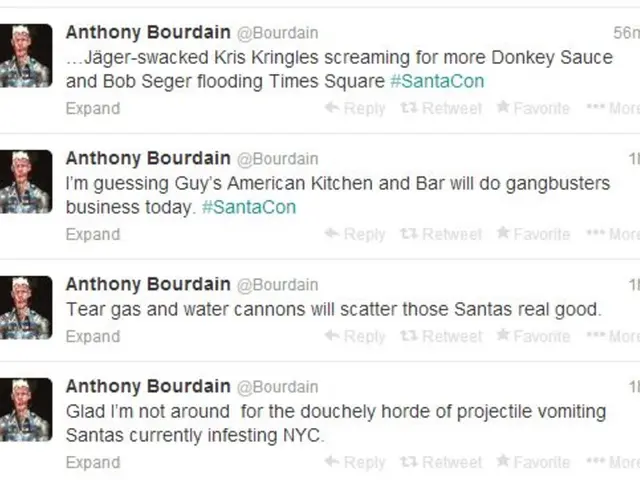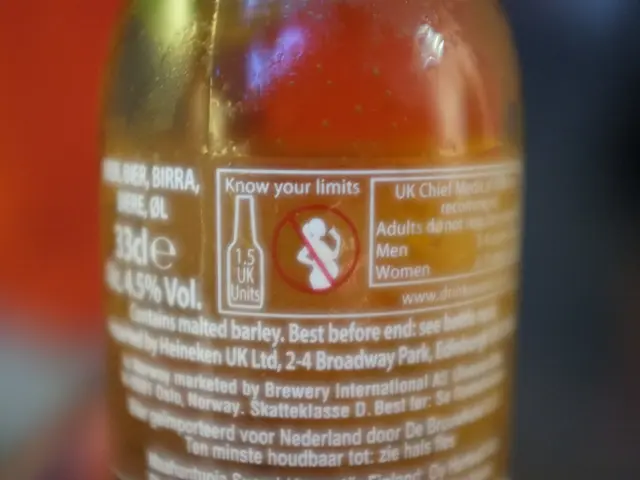What is Burnout?
Fatigue Symptoms, Remedies, and Strategies for Managing Burnout
Burnout, simply put, is a state of emotional, physical, and mental exhaustion caused by prolonged stress. It's like being on a never-ending roller coaster ride where you feel overwhelmed, drained, and unable to keep up with constant demands. As the stress continues, your initial enthusiasm and motivation for the task at hand start to fade away.
Burnout saps your energy, leaving you feeling increasingly helpless, hopeless, cynical, and resentful. Over time, it can spill over into every aspect of your life, including your home, work, and social life. In severe cases, it can even make you vulnerable to illnesses like colds and flu. That's why it's crucial to tackle burnout head-on.
Warning Signs on the Road to Burnout
Here are some signs that you might be heading towards burnout:
- Every day is a bad day.
- Caring about your work or home life feels like a waste of energy.
- You're exhausted all the time.
- Your day is mostly spent on tasks you find either mind-numbingly dull or overwhelming.
- You feel like nothing you do makes a difference or is appreciated.
Symptoms of Burnout
Burnout is a gradual process, and the symptoms are subtle at first but become more pronounced as time goes on. Here's a breakdown of the physical, emotional, and behavioral signs that you might be experiencing burnout:
Physical Signs
- Feeling tired and drained most of the time.
- Lowered immunity, frequent illnesses.
- Frequent headaches or muscle pain.
- Change in appetite or sleep habits.
Emotional Signs
- Sense of failure and self-doubt.
- Feeling helpless, trapped, and defeated.
- Detachment, feeling alone in the world.
- Loss of motivation. Increasingly cynical and negative outlook.
- Decreased satisfaction and sense of accomplishment.
Behavioral Signs
- Withdrawing from responsibilities.
- Isolating from others.
- Procrastinating, taking longer to get things done.
- Using food, drugs, or alcohol to cope.
- Taking frustrations out on others.
- Skipping work or coming in late and leaving early.
If you notice these symptoms frequently, it might be time to take a step back, reassess your situation, and make changes to prevent a major breakdown.
Coping with Burnout
Dealing with burnout requires a three-pronged approach: Recognize, Reverse, and Build Resilience.
Recognize
Watch out for the warning signs of burnout. If you spot them early, you can take steps to deal with them before they escalate.
Reverse
Undo the damage by seeking support and managing stress. This could mean taking a break, talking to someone about how you feel, or adopting stress management techniques like yoga or meditation.
Build Resilience
Take care of your physical and emotional health to build your resilience to stress. This includes getting enough sleep, exercising regularly, eating a healthy diet, and nurturing positive relationships.
Remember, it's okay to ask for help when you need it. Reach out to friends, family, or mental health professionals if you're struggling to cope. You don't have to face burnout alone.
BetterHelp is an online therapy service that can connect you with licensed therapists who can help manage depression, anxiety, relationships, and more.Take the assessment and get matched with a therapist in as little as 48 hours. It's never too late to seek help and start feeling better.
Burnout vs. Depression
Burnout and depression can be similar, but there are differences. During burnout, you might feel exhausted or have trouble focusing, just like someone who is depressed. However, someone experiencing burnout may still feel motivated to perform tasks, while a depressed person might struggle with loss of interest in activities and feelings of hopelessness. Burnout can also be a risk factor for depression, but they are not the same condition.
Stages of Burnout
Researchers have identified several stages of burnout. Here's a simplified version of what they found:
Stages of Burnout
- Honeymoon Phase: You feel committed and excited about a new venture.
- Stress Onset: As stress builds, you start to neglect self-care, leading to fatigue, anxiety, and irritability.
- Chronic Stress: You're consistently tired, cynical, and possibly isolated. You might also start using drugs or alcohol to cope.
- Burnout: At this stage, you feel pessimistic and empty, with a loss of motivation and a sense of detachment.
- Habitual Burnout: Your sense of well-being reaches an all-time low, with feelings of sadness and exhaustion becoming constant. Depression may develop in this stage.
If you're experiencing any of these stages, it's essential to take steps to reverse the damage and build resilience. Remember, no one is immune to burnout, but with the right strategies, you can bounce back and find joy and meaning in your life again.
Causes of Burnout
Burnout can stem from job-related stress, but it can also affect anyone who feels overworked and undervalued. This could be a hardworking office worker who hasn't had a vacation in years, a stay-at-home mom managing multiple responsibilities, or someone caring for an aging parent.
Beyond work, lifestyle factors like poor sleep, lack of social support, and negative personality traits like perfectionism can contribute to burnout.
Work-related Causes of Burnout
- Feeling like you have little control over your work.
- Lack of recognition for good work.
- Unclear or demanding job expectations.
- Monotonous or unchallenging work.
- High-pressure work environment.
Lifestyle Causes of Burnout
- Working too much without enough time for relaxation.
- Lack of close, supportive relationships.
- Taking on too many responsibilities without enough help from others.
- Poor sleep habits.
Personality Traits Contributing to Burnout
- Perfectionism: nothing is ever good enough.
- Pessimistic worldview.
- Need for control: reluctance to delegate tasks.
- High-achieving personality.
Conclusion
Burnout is a serious issue that can have profound effects on your physical and mental health. Recognize the warning signs early, reverse the damage through stress management and seeking support, and build your resilience through self-care and a healthy lifestyle. With the right strategies, you can overcome burnout and feel hopeful, energized, and fulfilled again.
- Improving emotional intelligence in the workplace-wellness can help individuals recognize and manage stress levels, thereby reducing the risk of burnout.
- The intersection of science and health-and-wellness fields can provide valuable insights into mental health conditions like burnout, leading to more effective strategies for prevention and management.








